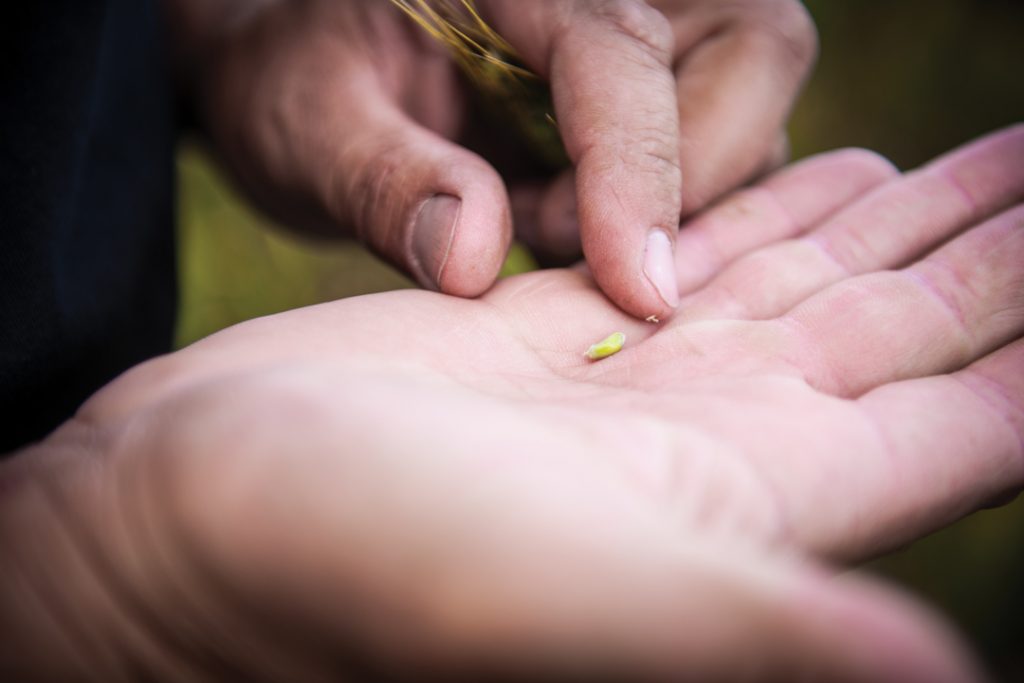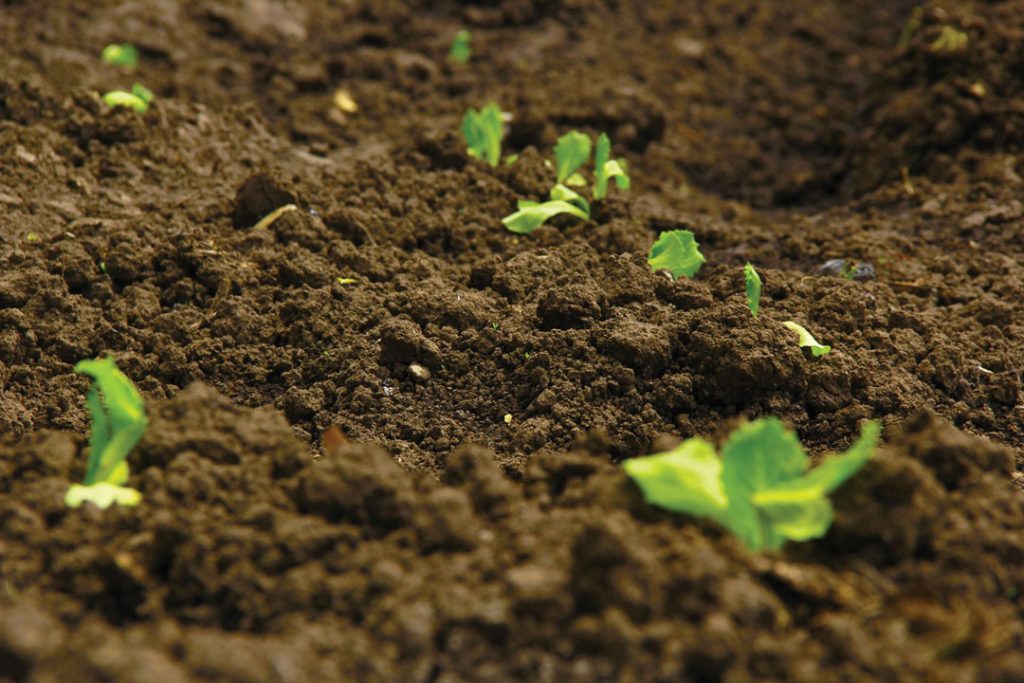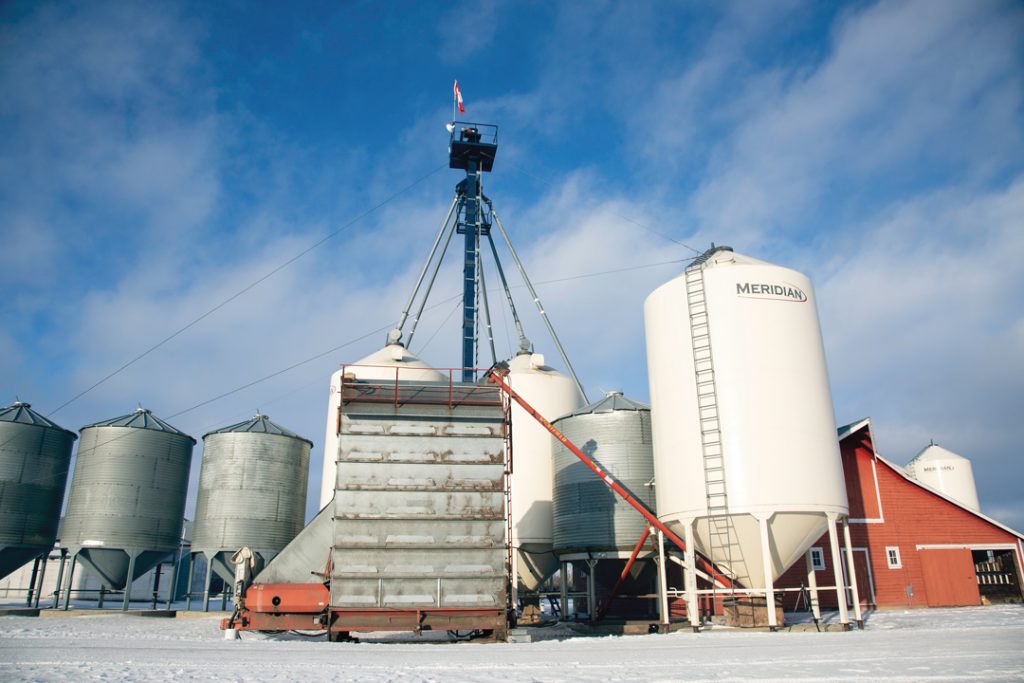HOT TAKES
Over the last decade, grain drying has become more common on farms across the Prairies, but especially so in Alberta. It has been particularly necessary to maintain optimal quality in wet years such as 2018. That year, farmers spent an estimated $35 to $45 million on grain drying. However, little data has been compiled on efficiency in grain drying practices, until now.








